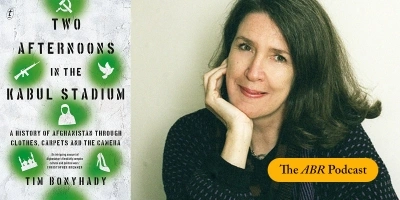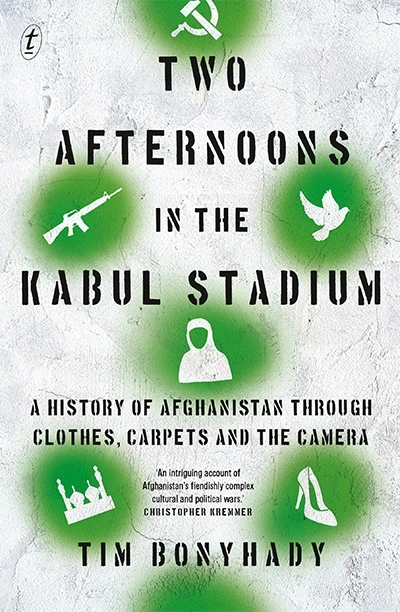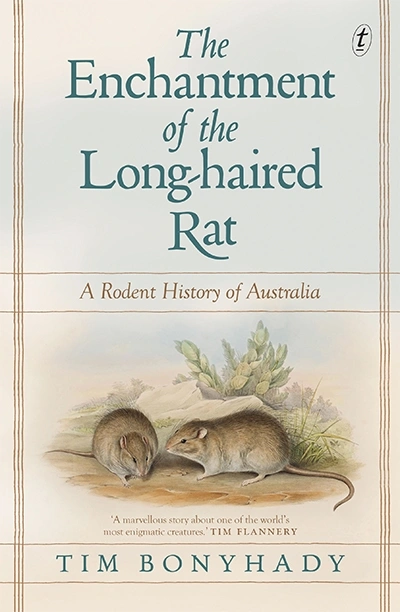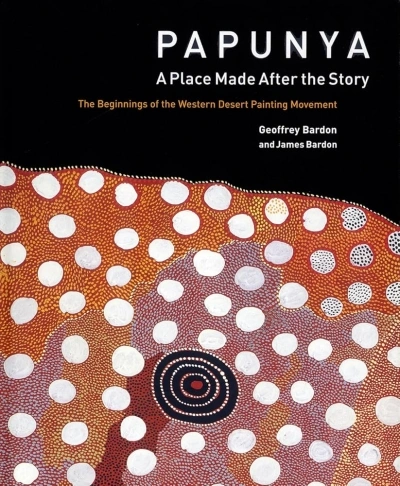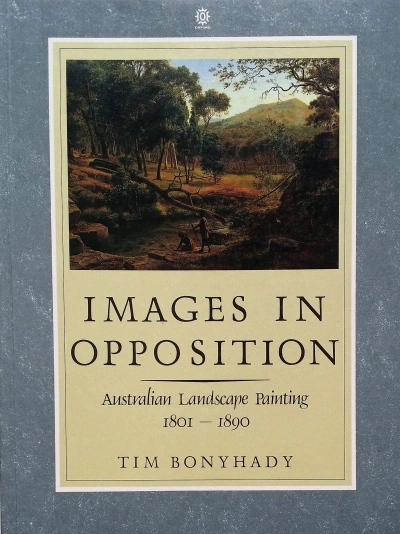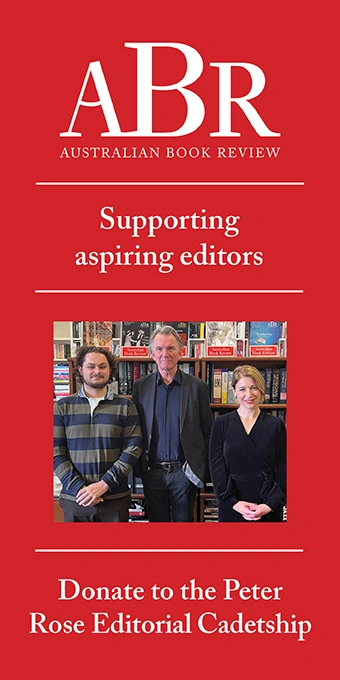Tim Bonyhady
The ABR Podcast
Released every Thursday, the ABR podcast features our finest reviews, poetry, fiction, interviews, and commentary.
Subscribe via Apple Podcasts, Stitcher, Google, or Spotify, or search for ‘The ABR Podcast’ on your favourite podcast app.
The Chirp/The Scream
by Natasha Sholl
This week on the ABR Podcast we feature Natasha Sholl’s essay ‘The Chirp/The Scream’, which was the runner-up in the 2025 Calibre Essay Prize. Natasha Sholl is a writer and lapsed lawyer based in Melbourne. Her work has appeared in many publications including Australian Book Review. Her first book, Found, Wanting was published by Ultimo Press in 2022. Her essay, ‘Hold Your Nerve’, was runner-up in the 2024 Calibre Essay Prize. Listen to Natasha Sholl with ‘The Chirp/The Scream’, published in the June issue of ABR.
Recent episodes:
Tim Bonyhady is one of Australia’s leading environmental lawyers and cultural historians. He has previously traced connections between art and national mythologies in books such as Images in Opposition (1985) and The National Picture (2018). In his latest work, Two Afternoons in the Kabul Stadium, he turns his attention to Afghanistan, unpicking the fabric of contemporary Afghan society by following closely the warp and weft of its visual culture, from women’s fashion to war rugs to photography. In today’s episode, Morag Fraser reviews Bonyhady’s book, writing in the wake of the Taliban victory and immersing herself in the ‘intriguingly tangential and complex history’ woven by one of Australia’s most scrupulous and sensitive observers of culture. Morag Fraser, a previous chairperson of ABR, has been writing for the magazine since the 1990s.
... (read more)Two Afternoons in the Kabul Stadium: A history of Afghanistan through clothes, carpets and the camera by Tim Bonyhady
The Enchantment of the Long-haired Rat: A rodent history of Australia by Tim Bonyhady
Many good books are published about Australian art, but few change the way we see and understand it. When Andrew Sayers’ Aboriginal Artists of the Nineteenth Century appeared in August 1994, it immediately did that, as the critic Bruce James was quick to recognise



